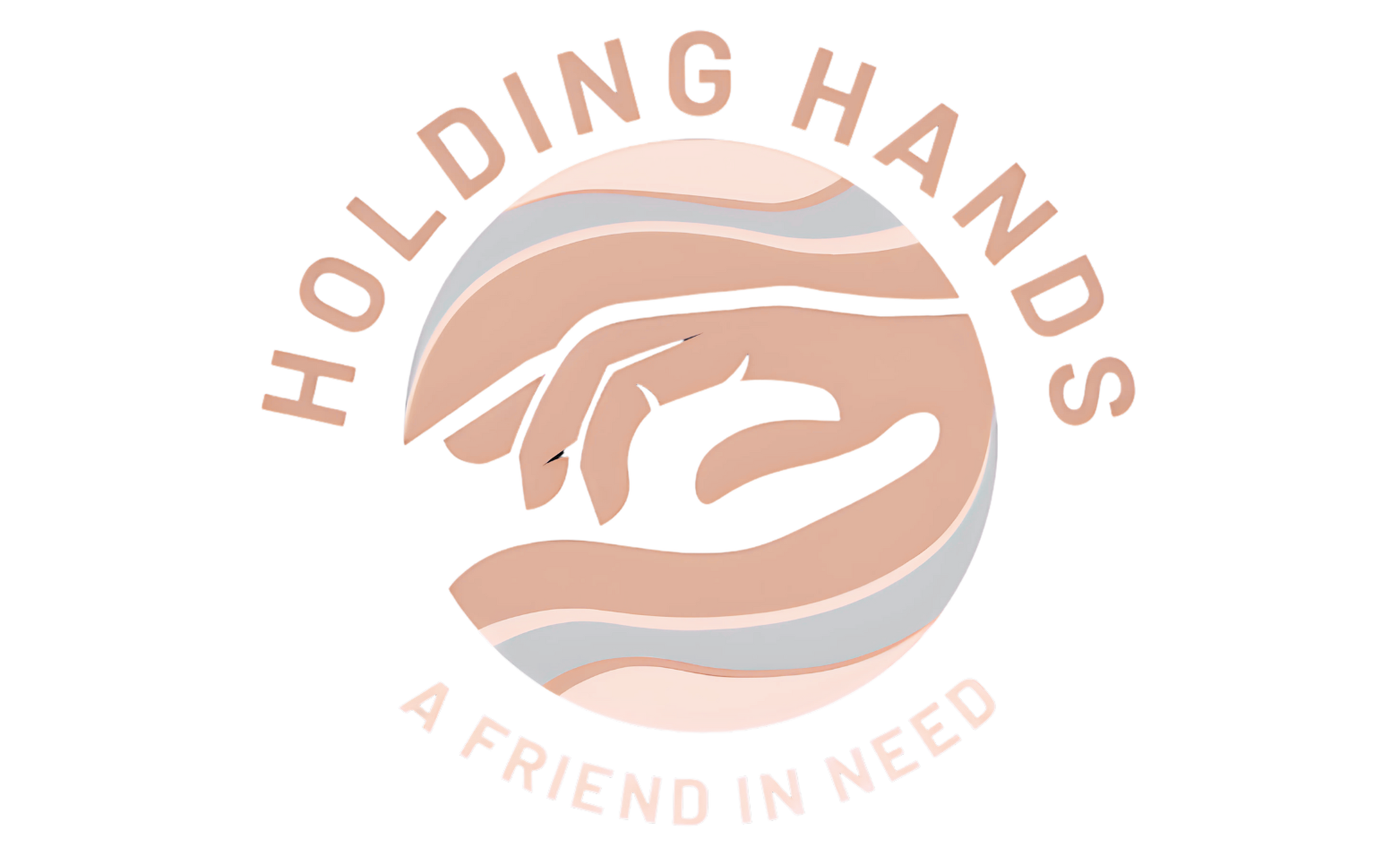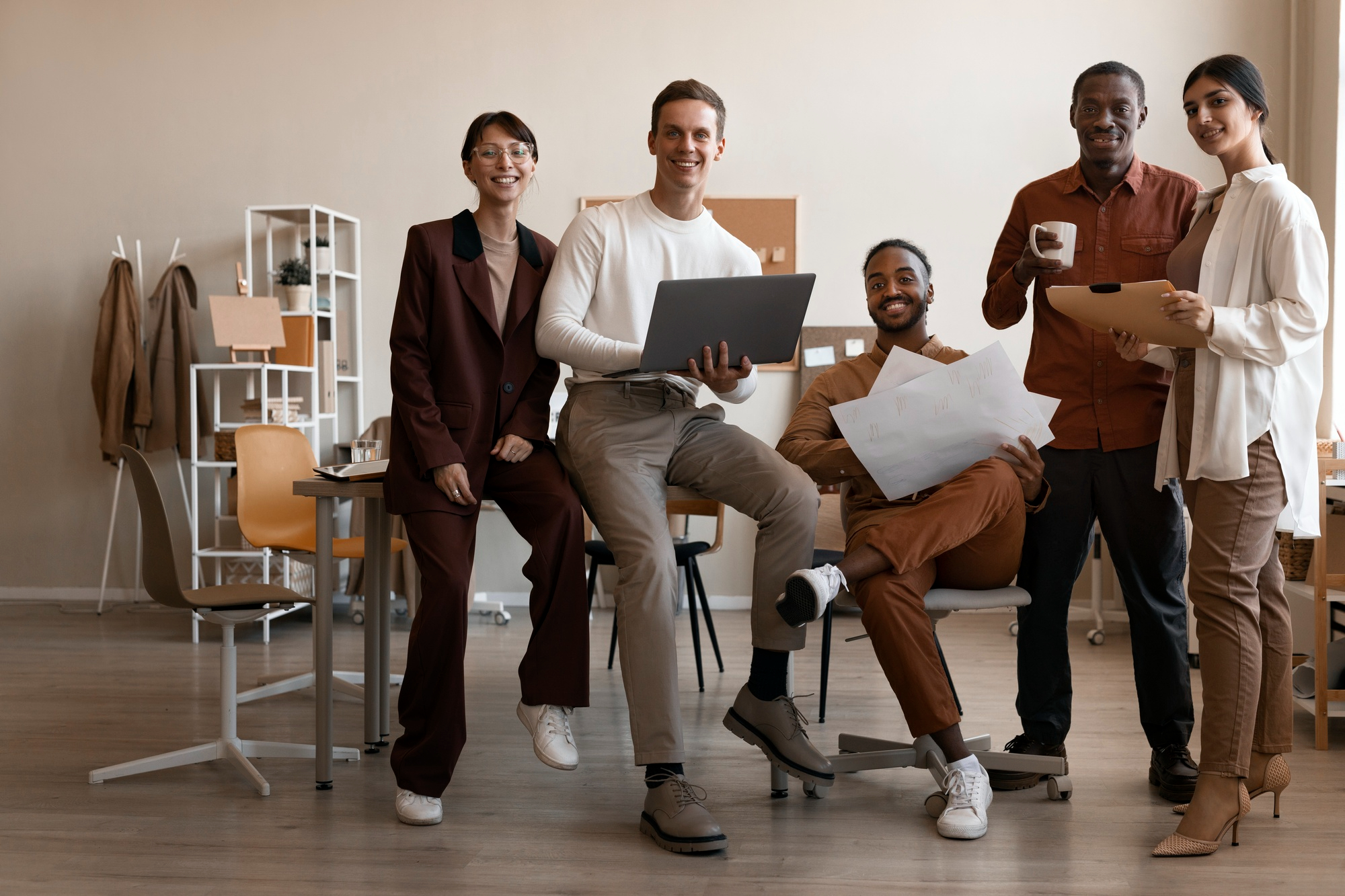Learn about Obsessive-Compulsive Disorder (OCD), its causes, types, symptoms, and effective treatment options. Find help for managing OCD today.
Table of Contents
Toggle
What is OCD?
Obsessive-Compulsive Disorder (OCD) is a mental health condition defined by a cycle of obsessive thoughts and compulsive actions. What is OCD disease? People with OCD experience intrusive and persistent thoughts, known as obsessions, which cause significant anxiety or distress. These obsessions often compel them to perform specific actions or rituals, termed compulsions, to manage their unease.
For instance, individuals who are excessively worried about cleanliness might feel compelled to wash their hands repeatedly after touching objects they perceive as contaminated. This compulsion to wash hands is not a simple habit but a critical response to overwhelming anxiety, with deviations from the ritual potentially leading to increased distress.
If you or a loved one are struggling with OCD symptoms, consider speaking with one of our experienced psychologists. Click here to connect with a professional.


Types of OCD
As per research, OCD can show up in different ways, and here are some common types:
Contamination and Cleaning:
A prevalent form manifests as an extreme fear of germs and contamination, prompting excessive cleaning. This might include repeated hand washing, sanitizing, and scrubbing of surfaces, possibly extending to a reluctance to touch common objects or enter public spaces.Order and Symmetry:
Another form is characterized by a compulsive need for orderliness and symmetry. Those affected may spend extensive periods arranging and rearranging objects until they meet an exacting standard of order, with any disruption causing profound anxiety.Intrusive Thoughts:
Some individuals struggle with recurring, unwanted thoughts of a violent or sexual nature that conflict with their values. These distressing thoughts typically trigger actions meant to suppress or neutralize them, driven by intense guilt and anxiety.Fear of Harm and Compulsive Checking:
This type involves persistent worries about potential disasters, like fires or break-ins, leading to repetitive behaviors such as checking locks and appliances. This checking is meant to prevent feared events, providing only temporary relief from anxiety and often resulting in a relentless cycle of repetition.
Are these symptoms familiar? Our psychologists are here to help you understand and manage OCD. Click here to schedule a consultation.
What are the causes of OCD?
As per research, The exact cause of OCD is not known, but here are some factors that might play a role:
Brain Structure:
Research indicates that OCD may be linked to abnormalities in certain brain regions involved in emotion regulation and habitual behavior. Advanced imaging studies have shown these differences, which might influence how individuals process information and respond to fears.Genetic Factors:
Genetics play a crucial role in the likelihood of developing OCD. A family history of the disorder can increase the risk, suggesting a genetic predisposition, although it does not guarantee the disorder’s onset.Life Events:
Life stressors, such as the loss of a loved one, marital dissolution, or career challenges, can trigger or exacerbate OCD symptoms in those predisposed to the condition.
These factors illustrate the complex nature of OCD and why it can vary so much from person to person. By exploring and understanding these causes, professionals can better help those affected by OCD manage their symptoms effectively.
Need guidance on managing OCD? Our psychologists are just a click away. Click here to get in touch with us.
What are the symptoms of OCD?
OCD manifests through both mental and physical patterns. Here’s a breakdown:
Obsessive Thoughts:
- Intense worry about contamination
- Persistent doubts about personal safety
- Recurring intrusive thoughts of a taboo nature
Compulsive Behaviors:
- Frequent washing and cleaning
- Habitual checking of locks, appliances, etc.
- Silent repetition of words or counting
How Can You Prevent OCD?
Preventing OCD might not always be possible, but there are ways to reduce the risk and manage the symptoms early on:
Early Treatment:
Initiating treatment at the first signs of OCD can prevent the condition from deteriorating. Early intervention, like cognitive-behavioral therapy or medication, can curb the progression and intensity of the symptoms.Lifestyle Choices:
Adopting a healthy lifestyle may help mitigate the severity of OCD symptoms. Regular exercise is known to lower anxiety and elevate mood, and a nutritious diet can support brain health and reduce stress.Stress Management Techniques:
Incorporating stress reduction practices such as meditation, yoga, or mindfulness can help manage OCD symptoms by lowering overall anxiety.
By regularly practicing these techniques, individuals can gain better control over their anxiety, which may reduce the frequency and intensity of OCD symptoms. These practices not only help in managing OCD but also contribute to improved overall mental health and quality of life.

How to Diagnose OCD?
To find out if someone has OCD, doctors usually follow these steps:
Medical History Review:
A detailed discussion of the individual’s mental health history helps in understanding the extent and impact of the symptoms.Physical Examination:
This helps exclude other medical conditions that might mimic OCD symptoms, like thyroid issues.Psychological Evaluation:
Conducted by a mental health specialist, this evaluation includes detailed discussions and may use an OCD diagnostic test to assess the symptoms.
What are the Complications of OCD?
If not treated, OCD can lead to problems that make everyday life hard:
Health Problems:
Chronic stress from OCD can increase the risk of several health issues, including cardiovascular diseases and weakened immune defense, leading to frequent infections.Educational and Occupational Impact:
OCD can consume significant time, reducing efficiency at school or work and impacting performance and progression.Social and Relationship Challenges:
The symptoms of OCD can strain interpersonal relationships and lead to isolation.

What are the Treatment Options for OCD?
Cognitive Behavioral Therapy (CBT):
Recognized as a highly effective approach for managing Obsessive-Compulsive Disorder, CBT aims to alter the negative thought patterns that fuel OCD-related fears and compulsive actions. One of the key components of CBT is Exposure and Response Prevention (ERP). ERP allows patients to confront their fears in a controlled, therapist-led environment, helping them to stop their compulsive behaviors over time. This method not only diminishes the frequency and intensity of obsessions but also equips individuals with more adaptive anxiety management techniques.Medication:
Medications are pivotal in the treatment of OCD, with doctors often prescribing antidepressants, specifically selective serotonin reuptake inhibitors (SSRIs). These medications adjust brain chemicals linked to mood and behavior, which can reduce the severity and occurrence of obsessive and compulsive behaviors. When used alongside therapy, medications enhance the overall effectiveness of the treatment and support active participation in CBT.Support Groups:
Engaging with support groups is beneficial for those affected by OCD. These groups provide a platform for sharing experiences and tactics for coping with the disorder, offering emotional backing and valuable insights. They help individuals feel less alone and more understood, fostering a community of support that motivates ongoing management of the condition.
We are here for you if you are going through a tough time and need someone to talk to. Contact us for a heartfelt chat or a comforting call with one of our caring psychologists. You are not alone in this journey, we are always here for you.




